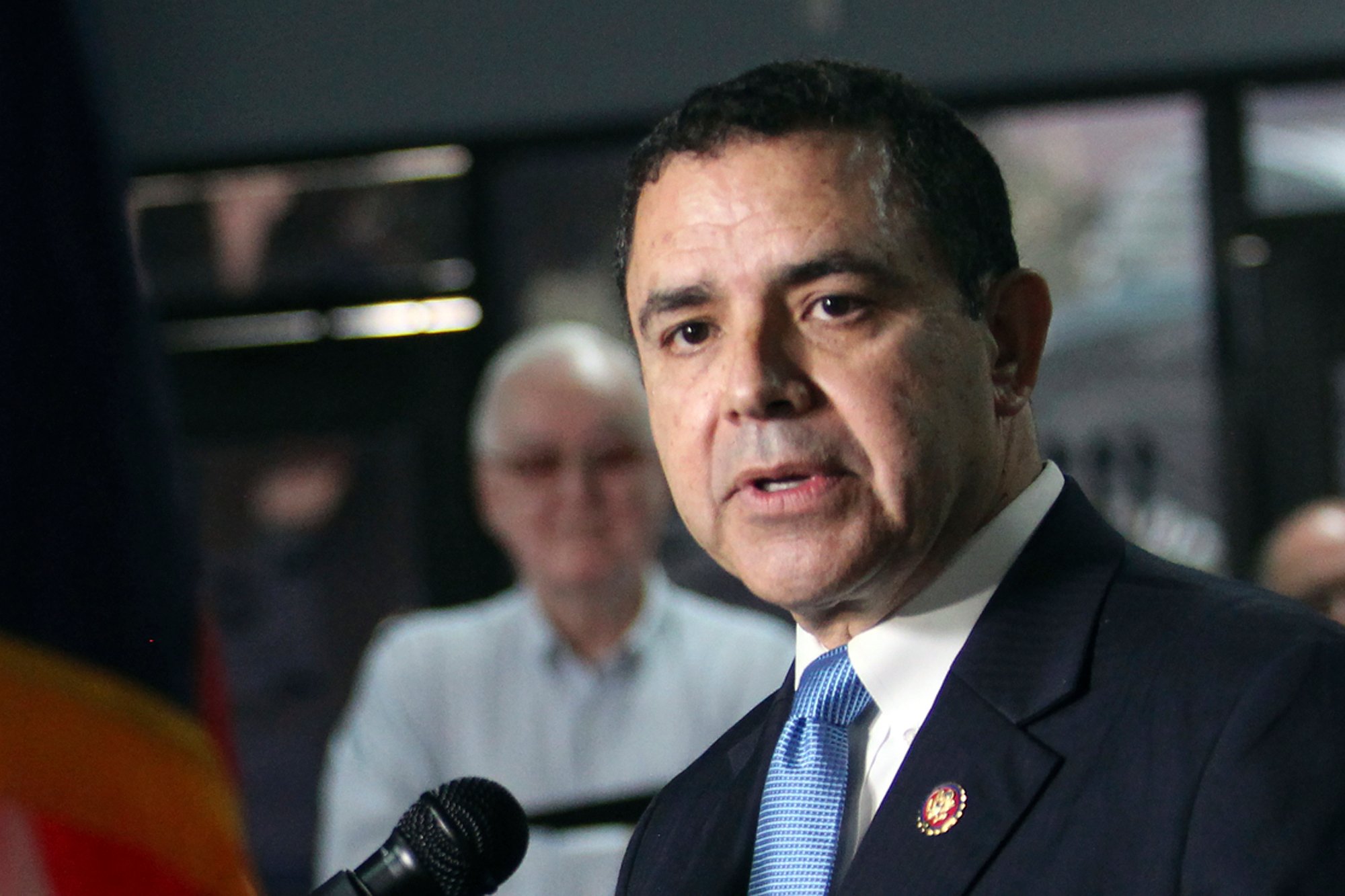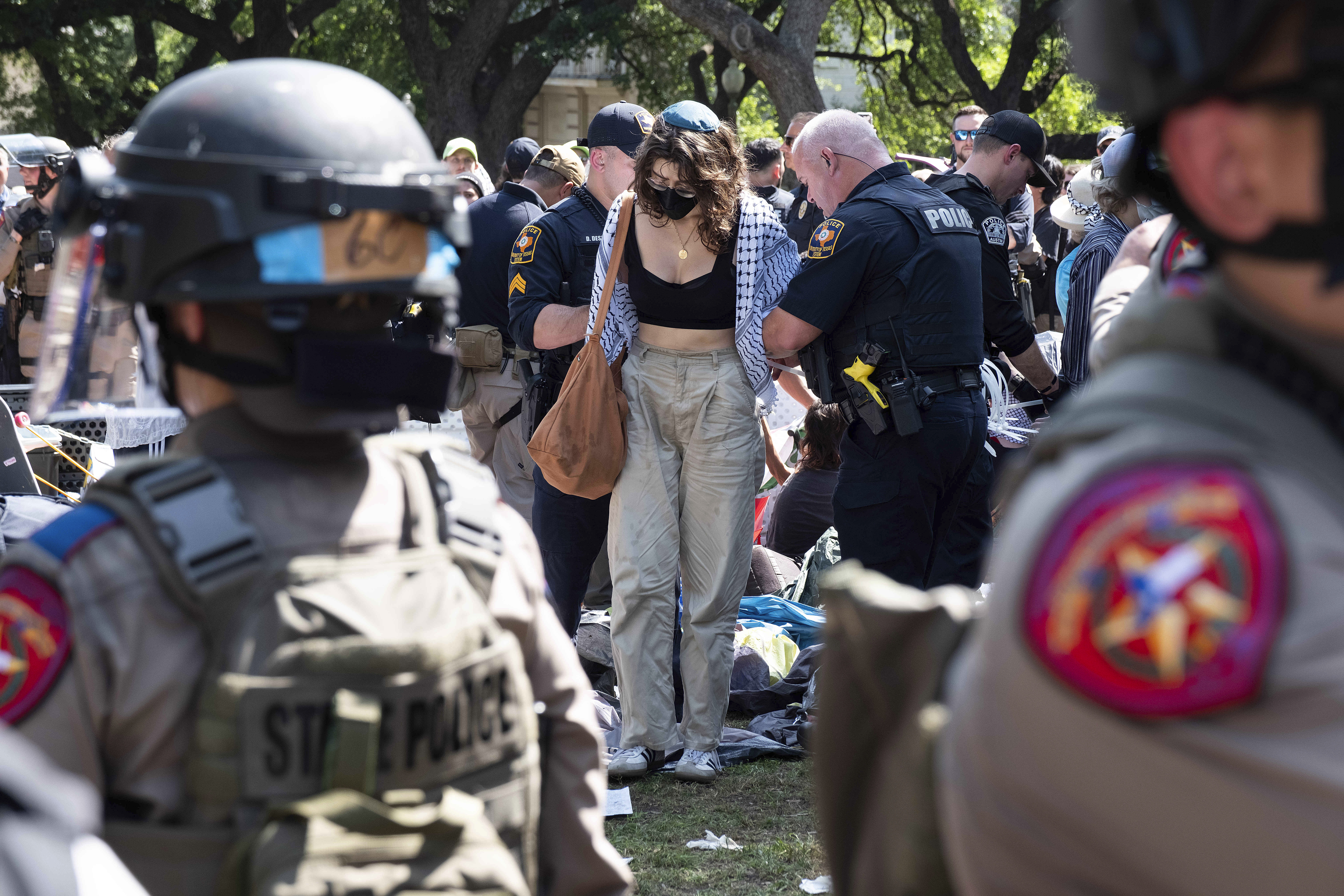ustxtxb_obs_1975_10_03_50_00008-00000_000.pdf
Page 13
Dick Frank Former Austin Mayor Butler: Coors Man U.S. Rep. Richard White of El Paso may get some stiff primary competition next spring from George McAlmon, attorney and former county party chairman. McAlmon, a moderate liberal and longtime worker for progressive causes, has been looking for a young chicano to challenge White, but says if he fails to find a good candidate, he’ll probably take on White himself. McAlmon got a little chewed up in the crossfire when the El Paso County party had a serious split in ’72 between the Humphrey forces and the McGovernites, but his personality is so sweet that almost no one held a grudge against him for long. McAlmon acted as volunteer attorney for the Farah strikers during their long struggle and has been active in innumerable other pro-people causes. White, who has been in Congress since 1965, is a lowprofile fellow with an undistinguished record. The AFL-CIO shows him with two right votes, nine wrong for the 1974 session. He has voted against the civil rights bill, against tax reform, against consumer protection, and in favor of measures such as ABM, SST and the no-knock bill. But McAlmon thinks it may be difficult to show some of what he considers White’s inadequacies. For example, McAlmon said, White voted in favor of the voting rights extension act, which means a great deal to El Paso’s large chicano population, but before the final vote, White voted for several amendments that would have gutted the bill. Jackee Cox, an Observer contributor who specializes in public health questions, has filed suit against Blue Cross under the Texas Open Records Act. Cox said Blue Cross has refused to show her financial records relating to its use of Blue Cross money. Cox is basing her suit on the section of the law that states any corporation that spends public monies is counted as a public agency under the terms of the act. Hearing has been set for Oct. 2, but Blue Cross is not obligated to respond until the 3rd. Pitsville A recent rating of American cities by the Midwest Research Institute as to the “quality of life” found therein puts Austin high and Laredo in the pits. Austin was rated excellent, coming in 27th of the 83 cities with population between 200,000 and 500,000. Corpus Christi and El Paso were both rated adequate, coming in 55th and 66th respectively. Dallas ranked in the good category in its division, while Fort Worth was adequate and San Antonio “substandard.” San Angelo, Midland, Tyler and Sherman-Denison were all rated excellent in their category; Odessa, GalvestonTexas City, Bryan-College Station, and Lubbock were rated good \(a rating local 8 The Texas Observer Falls and Abilene were counted adequate. At the bottom of the heap were Texarkana, Brownsville, Harlingen, San Benito, McAllen, Pharr-Edinburg, and, dead last, Laredo. This month’s Grundy Award goes to the city of Corsicana or at least the First National Bank thereof. W. D. Wyatt, president of the bank, censored a traveling exhibit of paintings on display in the bank. Grounded for prurient interest was Renoir’s nude, “Birth of Venus.” The art teacher at Corsicana High said her students wouldn’t “have cared less” about the nudity but she thought adult Corsicanans might have been thrown by it. As the Dallas Morning News pointed out, the film “Shampoo” was being held over at the local cinema while the bank was censoring the art show. Honi soit. Cool it with the Coors? Former Austin Mayor Roy Butler has received the Coors beer distributor ship for the Austin area, which will, soon be sampling the country’s trendiest beer for the first time. There is already talk of a Coors boycott among left-headed folks. Butler is a conservative and a supporter of Austin’s “growth,” making him an ideal co-target with the Reaganite Coors family itself. \(Colorado libs carry on an informal Coors boycott aimed at the family’s hiring practices as well as its support of right-wing candidates and a conservative news netAs John Henry himself would say, the goose -hangs high on Oct. 2, the night that CBS is scheduled to air a two-hour dramatized version of John Henry Faulk’s story, “Fear on Trial.” Faulk was a radio personality on the CBS station in New York in the early Fifties when he was blacklisted by AWARE, the vigilante organization that ruined the careers of many entertainers by calling them communists or fellow travelers. CBS caved in and canceled Faulk’s show, whereupon Faulk moved back to Austin because he could no longer find work in the East. Louis Nizer later took on Faulk’s case and they won a record $3.5 million libel judgment against AWARE. The sum was whittled down considerably upon appeal, but the decision against AWARE held firm, and it was a severe blow to the infamous practice of blacklisting. George C. Scott will play Nizer in the drama and William Devane will play Faulk. It will be interesting to see if CBS identifies itself as Faulk’s spineless employer in the script. Faulk says he is impressed that the network agreed to buy the program. “I would like to think that CBS is trying to regain the place it had under Ed Murrow,” he said. Comptroller Bob Bullock estimates that the Legislature will have to pass a $1.3 billion tax bill in 1977 to finance state government at the level on which it is accustomed to operate. That means a corporate or personal income tax, or both, Bullock says. Teachers’ groups in Mesquite, Rich ardson, Garland, and Irving \(all in organized conservative alternative, the As sociation of Texas Educators. The defec tions were prompted by the TSTA’s recent affiliation with the National Education Association, which sometimes advocates strikes and collective bargaining by teachers. Dixie’ James, president of the 1,900-member Richardson Education Association, told The Dallas Times Herald, “We disassociated ourselves from the TSTA because we don’t believe we need a union shop or that the school district should be told what to do by its employees.” And, added Supt. Bob Sewell of the Garland ISD; “We don’t need people in New York and Washington telling us what to do. That kind of liberal philosophy is tearing schools apart.”


